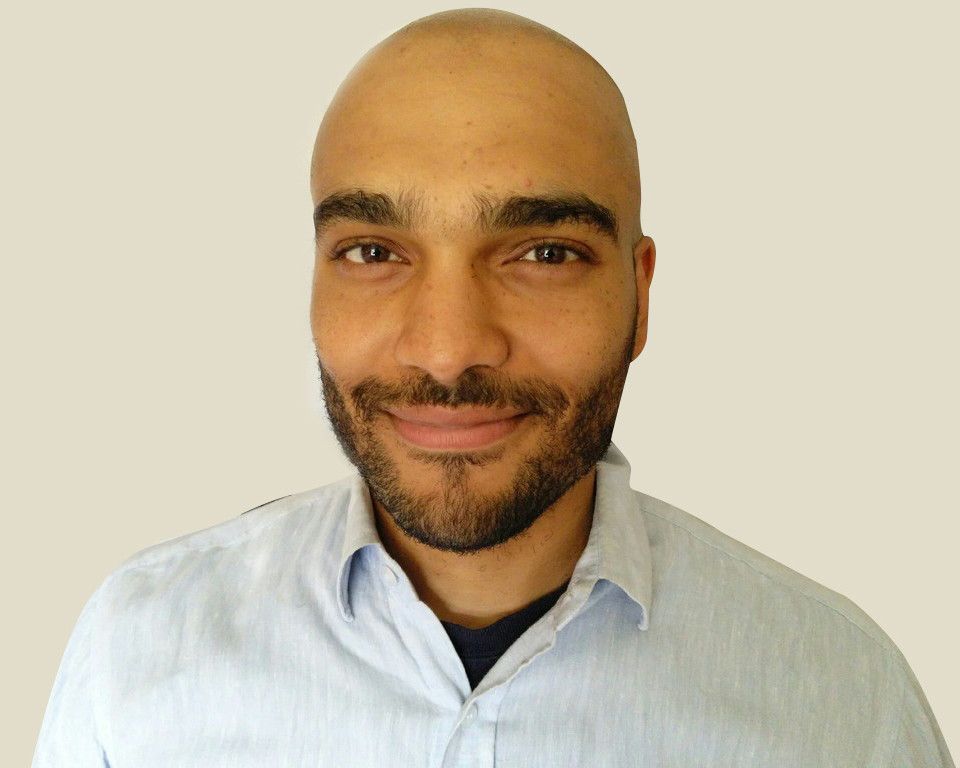
Causal AI
The most efficient path to engineering causal reasoning in machine learning applications.
Watch Promo
A online workshop in causal modeling and causal inference in a machine learning context.
In contrast to a typical immersive in-person workshop, training, or boot camp, this course is designed for at-your-own-pace online learning, with short digestible course modules and lectures, but with enough depth to get full level mastery of the field.
- One-on-one scheduling and weekly retros
- Continuous office hours via chat, instructor feedback on coding assignments
- Optional portfolio project in causal ML that you can showcase publicly. Get instructor guidance and iterative feedback on portfolio project.
- Gain ability to build causal reasoning algorithms into decision-making systems in data science and machine learning teams at top-tier technology organizations.
- Master modern programming libraries, including a deep learning framework, in the implementation of causal reasoning algorithms.

"I thoroughly enjoyed the course. I made friends along the way such as Jeremy, Harish and Nalin. Altdeep really shines on instructor office hours that allows students to ask questions. Students can DM the instructors directly. This is a differentiating factor for Altdeep. I interacted with other students and TAs on the forum a lot, which helped with learning. I also enjoyed the homework assignments and class project. Having a capstone project that student can put on their Github as portfolio is valuable. I have my name on Robert's Github for causal OOP, which is awesome! I also get to learn about other students’ projects. Double awesomeness!"
- Shih-Gian Lee, Senior Machine Learning Engineer
What makes this course different?

- High-level approach unites causal inference ideas across multiple fields, including econometrics, Bayesian modeling, potential outcome models, and structural causal models.
- Focuses on generative machine learning and problems typical of industrial data science, as opposed to applied statistical methods in social science.
- Has heavy focus on Python code and libraries.
- Connections to deep learning and probabilistic programming with PyTorch-based modeling language Pyro.

I am a senior software developer with backgrounds in information retrieval, data visualization, data science, and decision support applications. I am working on decision support tools which simulate responses to "what if" questions through systems models.
"What if" questions are causal questions. That's a focus outside what machine learning typically addresses. I had been doing a lot of "causal" reading, mostly Bayesian statistics papers and pymc3 notebooks, but I didn't have a good map of the terrain. I was most interested in what Charles Isbell calls "mindset", the organizing concepts and the thinking behind the modeling techniques.
As a comprehensive survey, Robert's class came along at just the right time for me. Robert Osazuwa Ness is a creative researcher working at the state of the art. I found his lectures inspiring. Robert is also gifted at explaining things clearly and concretely. The interactive seminars were great, I could get answers to my questions. The class delivered as advertised.
Thanks to this class, I now know how to code a set of problems that are important to me. The class projects are important models there. I know where to invest further in terms of libraries and tooling. In terms of causal modeling and estimation, I have a feeling for what matters, what's hard, what lines of research to follow, and I now know enough to read research papers in the field. "Mindset" is difficult to quantify, but I'll say this survey delivers a map of the terrain that one can navigate with independently.
- Eric Moore, Principal at Decision Rubric
Frequently Asked Questions
Your Instructor

Dr. Robert Osazuwa Ness is currently a research scientist at Microsoft Research and faculty at the Northeastern University department of computer science. He has worked in industry as a research engineer and data scientist building production quality systems for Bayesian decision-making under uncertainty.
Robert didn't start in machine learning. He started his career by becoming fluent in Mandarin Chinese and moving to Tibet to do developmental economics fieldwork. He later obtained a graduate degree from Johns Hopkins School of Advanced International Studies.
Robert attained his Ph. D. in mathematical statistics from Purdue University. He has published in top tier journals and venues on topics including causal inference, probabilistic modeling, sequential decision processes, and dynamic models of complex systems.
